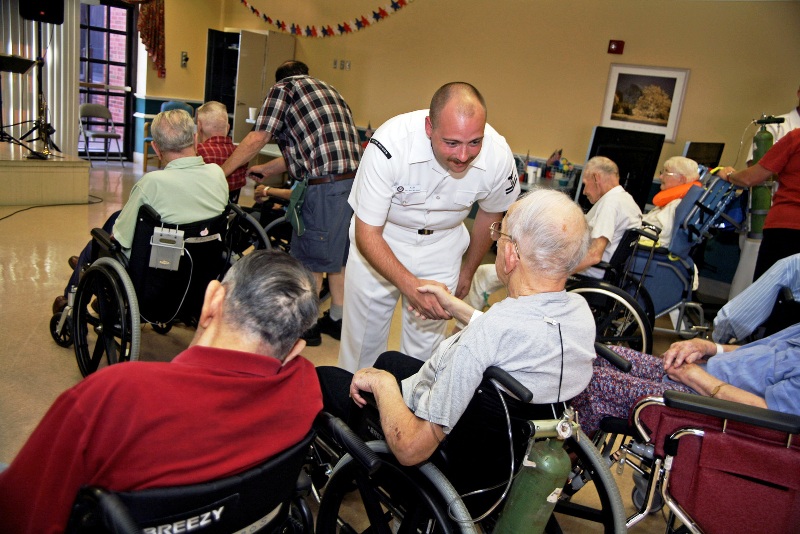As the population continues to age, an increasing number of adult children find themselves in the role of caregivers for their elderly parents. While this journey is filled with love, compassion, and a deep sense of responsibility, it also comes with a unique set of challenges. In this blog post, we will explore the difficulties adult children face when caring for their elderly parents and discuss practical solutions to overcome them.
The Challenges of Caring for Elderly Parents
Financial Strain
One of the most significant challenges that adult children encounter when caring for their elderly parents is the financial strain it can put on their own lives. The cost of providing healthcare, medications, and assistance with daily living can be substantial, especially when combined with the responsibilities of raising their own families and managing their own expenses.
Solution: Start by understanding the financial situation of both you and your parents. Investigate government programs, insurance, and resources that may be available to help ease the financial burden. Additionally, consider speaking with a financial advisor to create a comprehensive plan that includes a budget, savings, and investments to ensure long-term financial stability.
Balancing Work and Caregiving
Juggling a full-time job while providing care for elderly parents can be incredibly demanding. Many adult children find themselves torn between their professional responsibilities and the needs of their aging loved ones.
Solution: It’s crucial to have open and honest communication with your employer about your caregiving responsibilities. Discuss flexible work arrangements, such as remote work or adjusted hours, to better balance your commitments. Moreover, consider exploring local services and resources that can provide support during your working hours, such as adult day-care centers.
Emotional Stress
Emotional stress is a significant challenge faced by adult children caring for elderly parents. Witnessing their loved ones’ decline in health, memory, and independence can be emotionally draining. The pressure to make difficult decisions regarding their care can lead to feelings of guilt, anxiety, and depression.
Solution: Seek emotional support from friends, family members, or support groups. Talking to others who are going through similar experiences can provide a safe space to share your feelings and find emotional solace. Professional counseling or therapy can also be invaluable in helping you manage the emotional burden.

Time Management
The time commitment required for caregiving can be overwhelming. This often leads to adult children feeling stretched thin, impacting their personal lives and hobbies.
Solution: Prioritize tasks and create a schedule that allows you to balance caregiving with personal time. Delegate responsibilities among family members and consider hiring professional caregivers when necessary. Time management tools and apps can also help you keep track of daily tasks and appointments.
Conflict Within the Family
Caring for elderly parents can sometimes lead to family conflicts. Siblings may have differing opinions on how to best care for their parents, causing tension and disagreements.
Solution: Open and honest communication is key to resolving conflicts within the family. Have a family meeting to discuss responsibilities, concerns, and expectations. It may also be helpful to involve a mediator or counselor to facilitate productive discussions and find common ground.
Physical Strain
Providing hands-on care for elderly parents, such as lifting, bathing, and assisting with mobility, can take a physical toll on adult children. The physical strain can lead to injuries and health problems.
Solution: Invest in assistive devices and adaptive equipment to make caregiving tasks more manageable. Consider enrolling in caregiver training programs to learn proper techniques for safe and effective caregiving. Additionally, focus on self-care, including regular exercise, a balanced diet, and adequate rest, to maintain your own physical health.
Lack of Personal Time
One of the most common complaints among adult children caregivers is the loss of personal time and freedom. The constant caregiving responsibilities often lead to burnout and feelings of isolation.
Solution: Create a support network that includes friends and family members who can step in when you need a break. Respite care services can provide temporary relief, allowing you to take time for yourself without compromising the quality of care your parents receive.
Caring for elderly parents is undoubtedly a complex and emotionally demanding journey. The challenges adult children face while providing care are significant, but with the right strategies and support systems in place, they can be overcome. It’s important to remember that seeking help and leaning on resources can make this journey more manageable and provide the best possible care for your aging parents. Ultimately, the love and compassion you bring to the role of caregiver can make all the difference in your parents’ quality of life and your own.







